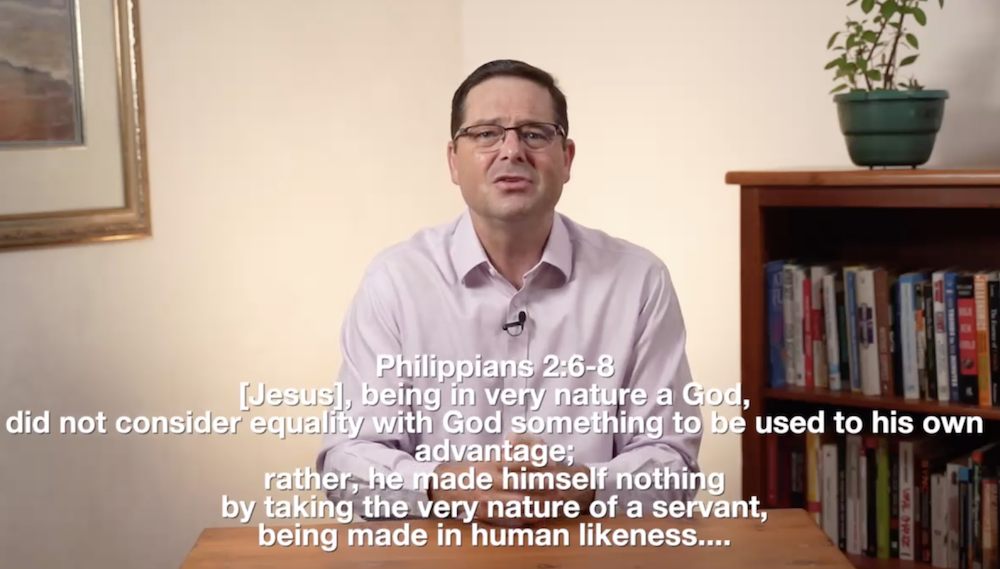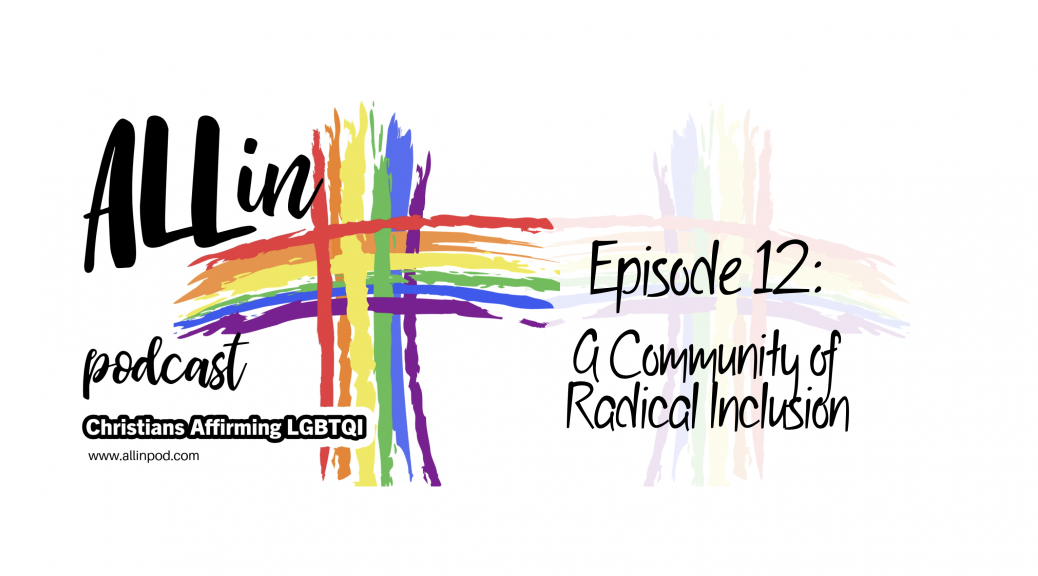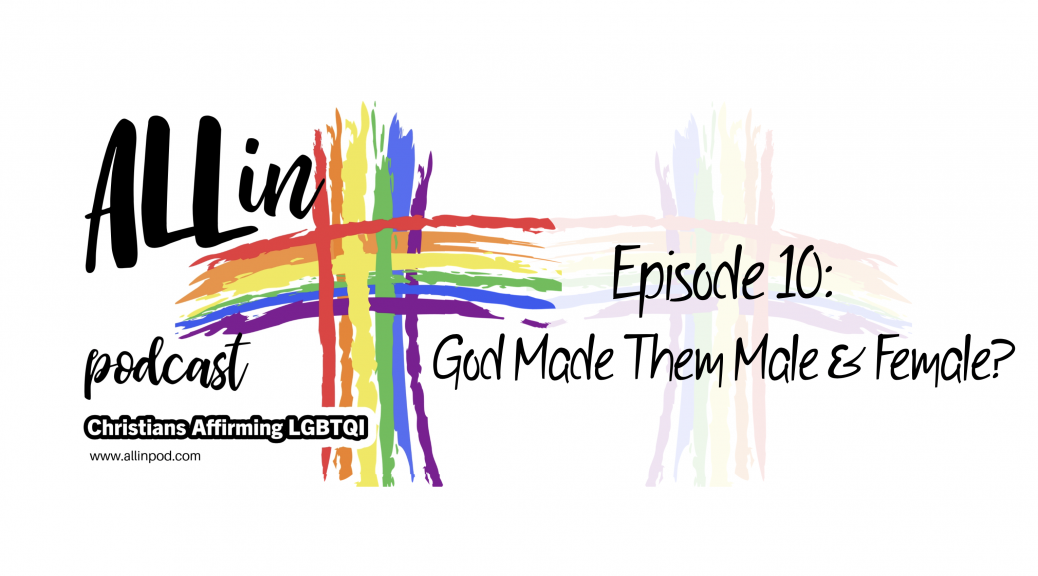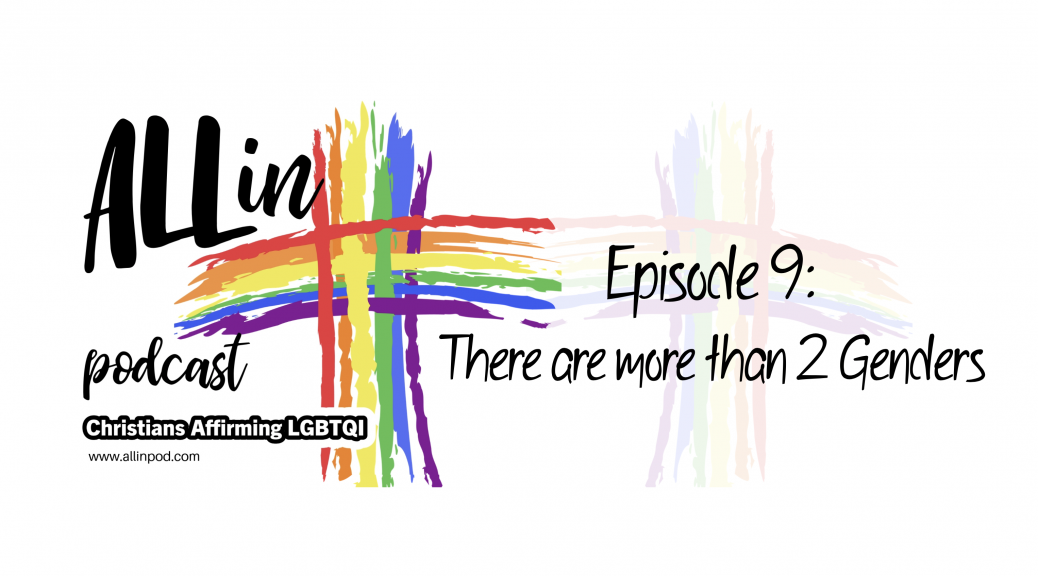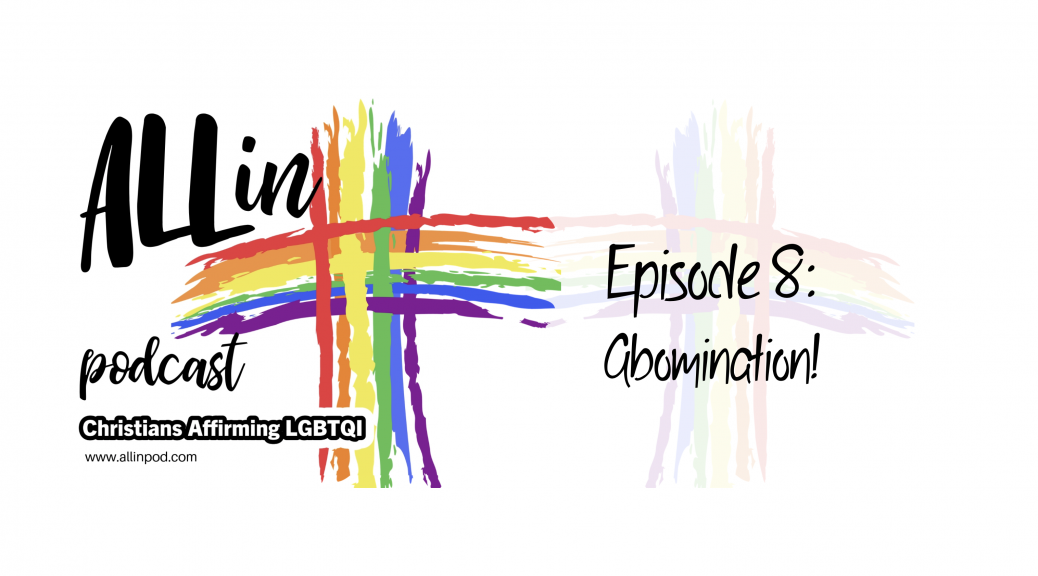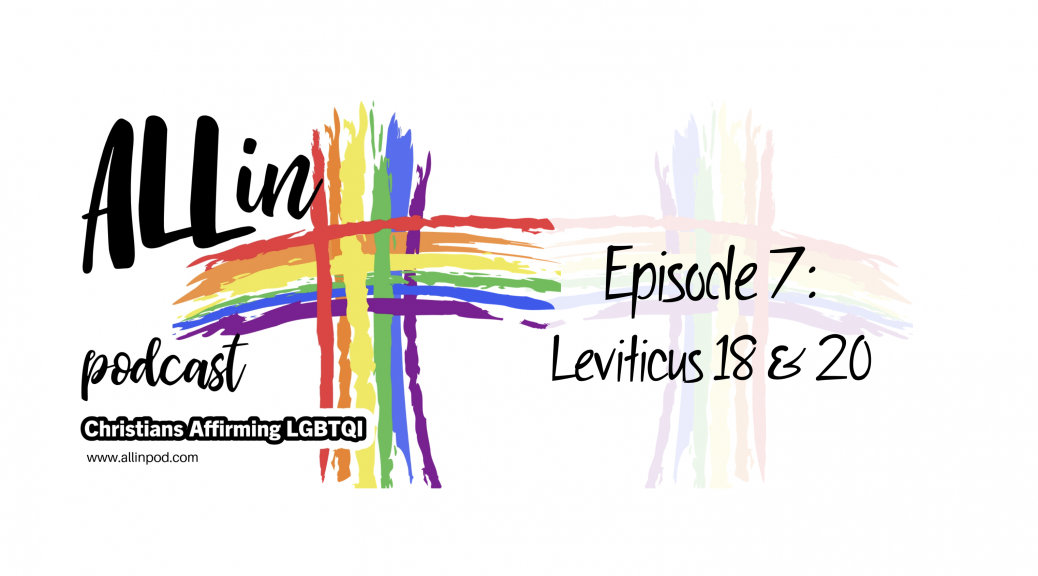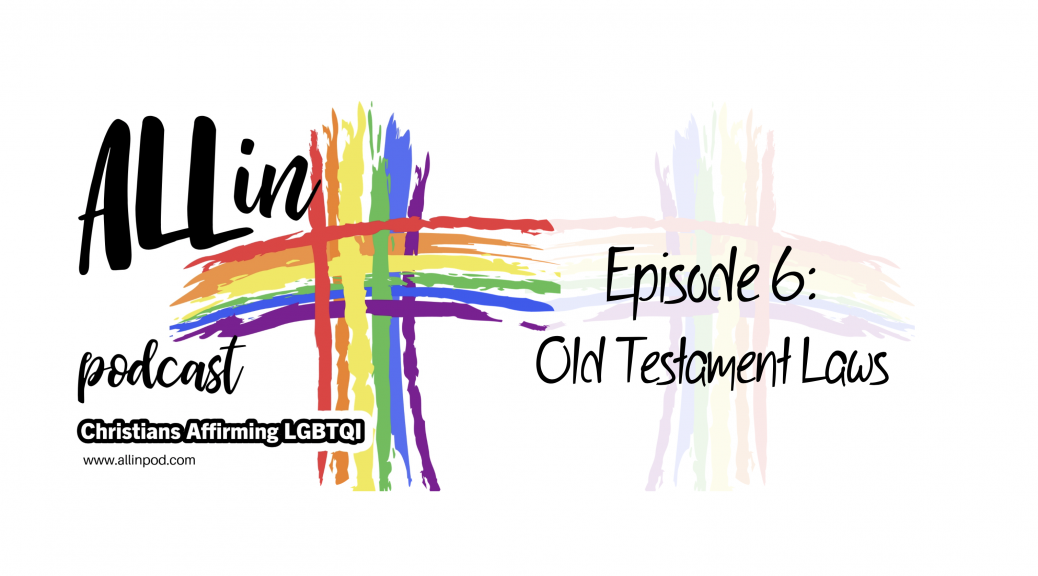It was my turn to preach at our church this morning. My sermon is about Ressurection, Sabbath and Exodus, and can be watched at https://www.facebook.com/MelroseChurchJhbZA/posts/153826419456676
I talked about how the Resurrection of Jesus is deliberately linked back to two big themes in the Old Testament:
1. the Creation Sabbath, which reminds us that the world is meant to be a place where we all have work and rest in a natural rhythm, and
2. the Exodus Passover, which reminds us that we are not meant to be in slavery to our work.
Jesus did not come to merely save us from this world and give us a hope of life after death, he came to save us from incorrect and oppressive systems in this world. Maybe Covid-19 is the reset the world needed to move us towards this picture of what the world is meant to be.

